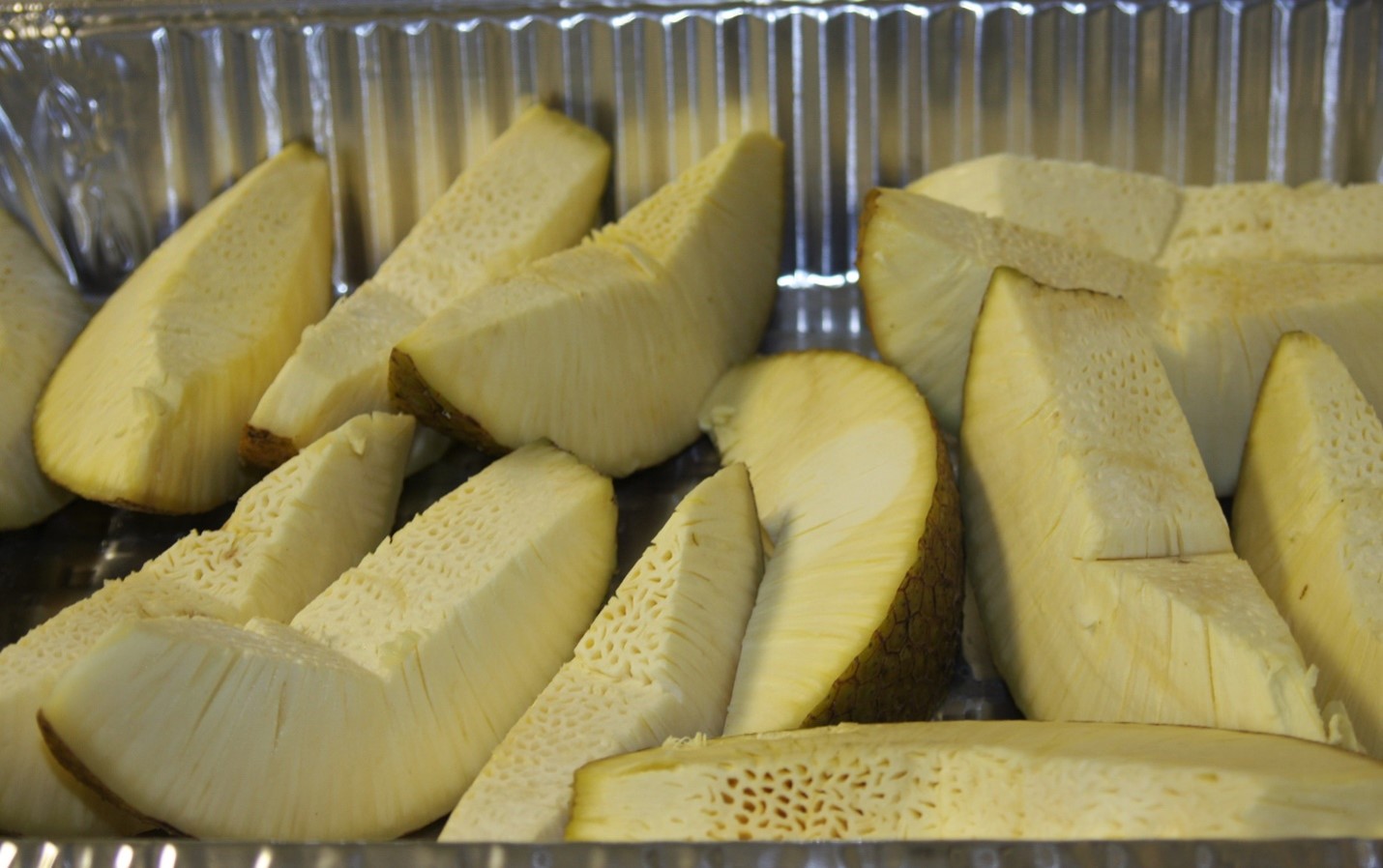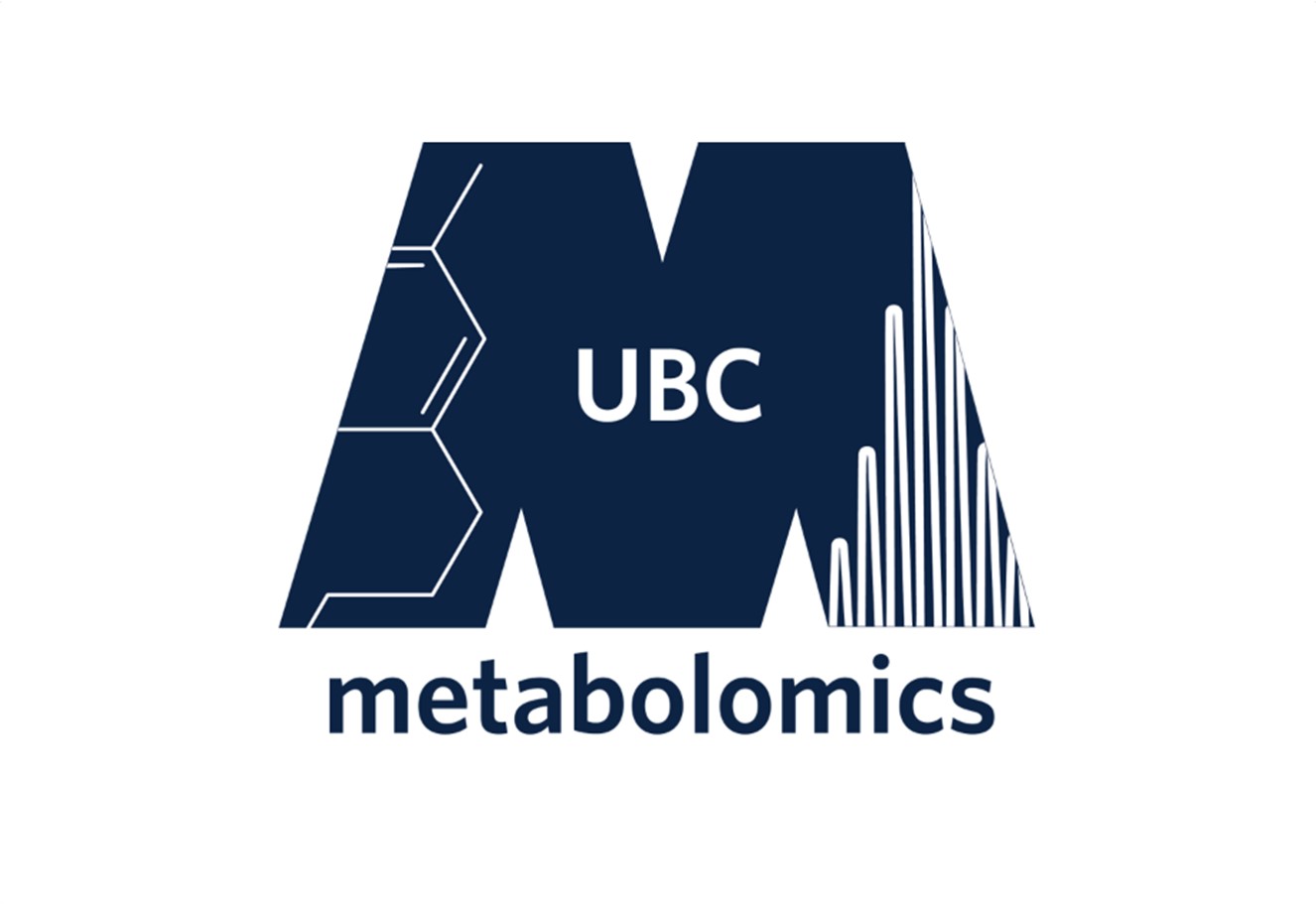Apologies, but no results were found.
Susan Murch
Professor
Biochemistry and Molecular Biology, Chemistry, Materials and Manufacturing Research Institute (MMRI), Okanagan Institute for Biodiversity, Resilience, and Ecosystems Services (BRAES), Sustainability (IGS)
Office: FIP 350Phone: 250.807.9566
Email: susan.murch@ubc.ca
Graduate student supervisor

Research Summary
The Plant Secondary Metabolite Analytical Research Team (PlantSMART) researches chemistry of plants and how plant chemistry affects human health using analytical chemistry, mass spectrometry, biotechnology, metabolomics and hormonomics approaches.
Courses & Teaching
Analytical chemistry; plant biochemistry.
Micro-credential in Metabolomics
Websites
Degrees
PhD, University of Guelph
MSc, University of Guelph
BSc, University of Guelph
Research Interests & Projects
METABOLOMICS TEACHING AND TOOLS
Metabolomics is the discovery, identification, and quantification of the metabolites in any biological sample. It is a rapidly growing field driven by advances in technologies, open and shared datasets, and systematic approaches to data analysis. The applications of metabolomics are diverse and include wastewater and environmental testing, clinical testing, drug discovery, precision medicine, disease diagnosis, agriculture, nutrition, and more. The PlantSMART lab has created a micro-credential course for learning and upskilling of individuals who are beginning to work with metabolomics and/or wish to adopt metabolomics into their workflows in current or future employment. The course is designed for graduate students and professionals who have a combination of education and/or work experience in a relevant discipline. (https://chemistry.ok.ubc.ca/non-degree-programs/)
Chemistry of Natural Non-Protein Amino Acids (NPAAS)
Amino acids are the building blocks of proteins in plants and people. In addition to the 20 amino acids that are required for protein synthesis, plants produce >800 natural non-protein amino acids (NPAAs) with diverse functions. NPAAs protect plant tissues from biotic and abiotic stresses, prevent herbivory, conserve metabolic energy, store nitrogen and so on. The exact roles of these non-protein amino acids in humans have not been fully elucidated and some are toxic. The PlantSMART lab is working in collaboration with research teams around the world to develop new analytical methods and metabolomics tools to decipher the diversity, production, occurrence, detection, quantification and toxicity of natural NPAAs.
For example, β-N-methylamino-L-alanine (BMAA) is a naturally-occurring NPAA that was originally discovered in cycad seeds and is produced by cyanobacteria that live in symbiosis with plants or are free living in fresh water and marine environments worldwide. BMAA and its isomers accumulate in natural food webs from cyanobacteria to plants to animals to people resulting in varying levels of exposure. PlantSMART has developed analytical methods to quantify the levels of BMAA and related compounds in food, environment and humans. Our many research questions include: How many amino acids are there in nature? Why do cyanobacteria produce BMAA? How is production of BMAA and other NPAAs regulated? Do different types of cyanobacteria produce different NPAAs? Do plants and other forms of life also produce BMAA? How does BMAA affect human and animal health?
Chemical Regulation of Plant Signalling and Behaviour

Plants have the ability to sense their environment and respond to changes through production of chemical signals. These changes can be rapid, such as the closing of mimosa or longer term, for example allowing some plants to flourish in a dramatically changed climate. PlantSMART research is investigating how plants interact with the world through the production of chemical signals such as the human neurotransmitters melatonin (N- acetyl-5-methoxytryptamine) and serotonin (5-hydroxytryptamine). In human brains, melatonin and serotonin are neurotransmitters involved in circadian rhythms, sleep cycles, digestion and neurological health but recently our lab and others have shown that melatonin and serotonin are also important plant growth regulators with roles in plant defense, growth patterns and reproduction but there is much remaining to be discovered. Research in PlantSMART has developed an online searchable database (HormonomicsDB) for detection and determination of plant signaling compounds and plant growth regulators. HormonomicsDB is a tool that can be used to query an untargeted mass spectrometry (MS) dataset against a database of >250 known and predicted plant hormones and signaling molecules, their precursors, conjugates, storage forms and metabolites. The protocol encompasses sample preparation, analysis, data processing and hormone annotation and is designed to minimize degradation of labile hormones. (www.hormonomicsdb.com)
PLANT CHEMISTRY FOR FOOD SECURITY
 Breadfruit (Artocarpus altilis) is a staple food and traditional crop of the Pacific and an underutilized crop elsewhere. The tropical regions with climates hospitable to breadfruit are also home to about 80% of the world’s hungry and a stable, nutritious, high-yielding, locally grown, non-GMO food crop could make an enormous difference for hundreds of millions of people. From 2005-2016, PlantSMART worked to develop methods for propagating the trees through plant tissue culture and partnered with several companies that have brought the crop into world markets as a sustainable, staple food source. Breadfruit trees require minimal agricultural input, begin bearing fruit in two to three years, and are productive for many decades. A single breadfruit tree produces 250-400 kg of nutritious fruit per year that can be roasted, boiled, dried, pickled, fermented into beer, fried into chips or ground into flour and used in baking. You can now buy breadfruit in Canada in the fresh produce, frozen vegetables and gluten-free flour sections of local grocery stores. Current PlantSMART research is working to understand (1) the chemistry of breadfruit flavour profiles, (2) methods of incorporating breadfruit ingredients such as starch and protein into processed foods and (3) the potential for secondary non-food products from breadfruit such as cosmetic ingredients and natural biopolymers for plastics. PlantSMART basic research in plant chemistry is being applied to create high quality products for world markets.
Breadfruit (Artocarpus altilis) is a staple food and traditional crop of the Pacific and an underutilized crop elsewhere. The tropical regions with climates hospitable to breadfruit are also home to about 80% of the world’s hungry and a stable, nutritious, high-yielding, locally grown, non-GMO food crop could make an enormous difference for hundreds of millions of people. From 2005-2016, PlantSMART worked to develop methods for propagating the trees through plant tissue culture and partnered with several companies that have brought the crop into world markets as a sustainable, staple food source. Breadfruit trees require minimal agricultural input, begin bearing fruit in two to three years, and are productive for many decades. A single breadfruit tree produces 250-400 kg of nutritious fruit per year that can be roasted, boiled, dried, pickled, fermented into beer, fried into chips or ground into flour and used in baking. You can now buy breadfruit in Canada in the fresh produce, frozen vegetables and gluten-free flour sections of local grocery stores. Current PlantSMART research is working to understand (1) the chemistry of breadfruit flavour profiles, (2) methods of incorporating breadfruit ingredients such as starch and protein into processed foods and (3) the potential for secondary non-food products from breadfruit such as cosmetic ingredients and natural biopolymers for plastics. PlantSMART basic research in plant chemistry is being applied to create high quality products for world markets.
Selected Publications & Presentations
